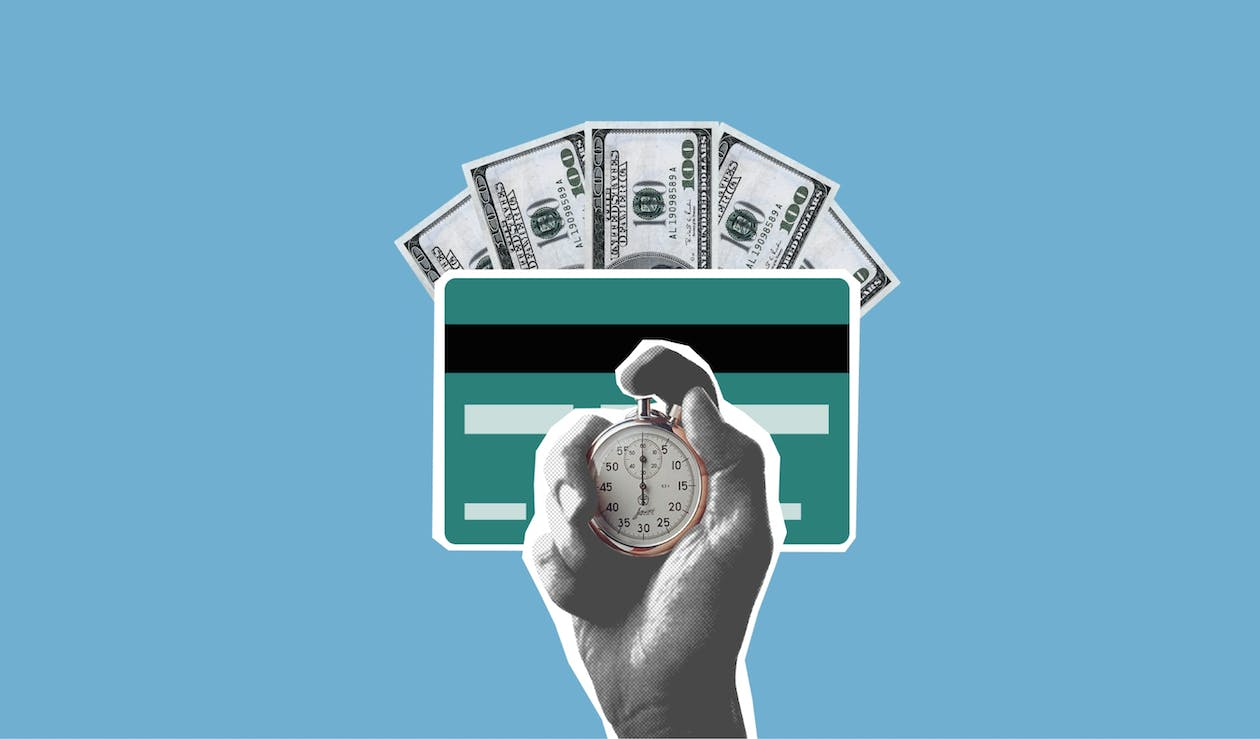Debt Consolidation With Cash-out Refinancing

Three out of every four American households carry some form of financial debt. This includes mortgage, a secure debt that’s anchored by a real estate asset, as well as unsecured credit card debt. Many households and individuals carry different types of debts simultaneously, with a significant segment of their monthly income going toward these debts.
If not managed properly, debt can significantly impact the financial health of an individual or a household. It might even lower the credit score of an individual, making further debt acquisition costlier and more difficult. Consolidation can be a powerful debt-management move.
What is Debt Consolidation?
Debt consolidation is when multiple debts are merged into one debt, making this new debt predictable, convenient, and, in most cases, cheaper. Before we go deeper into the specifics of debt consolidation, it’s important to understand that no two debts are the same.
Debt Management Example
Let’s say you have three different types of debts. You have a mortgage, an auto loan, and credit card debt. Whether it’s a fixed-rate or adjustable-rate mortgage, it’s considered a secure debt because it’s secured against an asset, i.e., your home. The asset may rise in value over time if the price of the property increases. You may also build more home equity, i.e., own more of your house as you pay off your mortgage.
This makes a mortgage a “good” debt because it’s going towards an asset that’s strengthening your financial position. At a 5% interest rate and a 30-year fixed-rate mortgage, your monthly payment for a $500,000 home, for which you put 20% down, would be about $2,150 (excluding property taxes).
An auto loan is also (in most cases) a secured debt because it’s anchored by the vehicle you have purchased with the loan. However, unlike a home, a vehicle depreciates in value over time. There is no predetermined rate, but most experts agree that your vehicle loses about 15% to 20% of its value each year.
With a 6% interest rate, you may end up paying $6,500 over the value of a $40,000 vehicle over a five-year loan term. These numbers are assuming you made no down payment and have a good credit score. The monthly payments for your auto-loan would be around $775.
If you have just $10,000 in credit card debt (At about a 20% interest rate, which is currently the national average), you need to pay back at least $267 a month to be able to pay it off in five years. At this rate, you will pay about $5,800 in interest alone. If you increase your monthly payments to about $300, you will lower the interest paid over time to $4,700, which is still an exorbitant sum.
Collectively, you will be paying about $3,225 a month towards your debts. Your monthly income should be around $9,000 for a healthy Debt-to-Income ratio of 36% if you are carrying this much debt.
Cash-out Refinancing and Debt Consolidation
Let’s fast forward three years. You are still paying about $3,225 a month towards the three debts. But by now, you have built more equity toward your home, and it has also risen in value and is now worth about $530,000. If you go for cash-out refinancing, you may be able to take out about $40,000 from your home equity, and your monthly mortgage payments will go up to about $2,260. But you can use that $40,000 to pay off your costlier debts – auto loan and credit card, and will still be left with a decent amount.
Here is how the numbers might pan out for you:
- If you don’t consolidate your debt and keep paying $300 a month towards your credit cards (for a total of 50 months) and $775 towards your auto loan, by the end of the fifth year, you will pay about $22,800 towards these two debts. That’s in addition to the $2,150 mortgage.
- If you consolidate your debt through cash-out refinance, after three years, you will only pay a $2,260 mortgage. You will only add about $110 to your monthly mortgage payments.
You could also take advantage of a home equity line of credit (HELOC) to pay off your other debts. However, you should weigh your options of what works better for you before making your decision.
Important Debt Consolidation Factors to Consider
A few things to note here are:
- When you consolidate your debt through cash-out refinancing, you may expand the overall period of debt repayment. In the example above, taking out a new 30 year mortgage will extend the overall term and increase the total amount of principal and interest paid.
- Debt consolidation lowers your chances of ruining your credit score. If you have three different debt payments each month, falling behind just one of them can lower your credit score. But if you only have one smaller outgoing debt payment, the chances of falling behind are lower.
- You can significantly lower the cash flow burden through debt consolidation.
- If interest rates have fallen since taking out your original mortgage, it is also possible that you can take a cash out mortgage with a shorter term, still pay off your high cost loans but now you will be able to pay off your mortgage sooner reducing your total interest cost dramatically over time.
- Debt consolidation can be used for other loan types as well, including personal and student loans.
Debt consolidation only makes sense when it offers you some kind of financial benefit. It may allow you to lower the overall cash flow burden by paying off costlier debts (like credit cards) through cash-out refinancing. It may also be impacted by factors beyond your control, like interest rates. Refinancing when interest rates are low is already a smart debt-management move, and you can make it even more positively impactful by combining it with debt consolidation.





